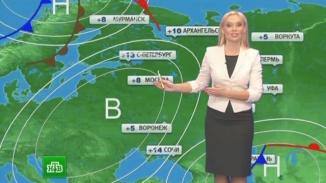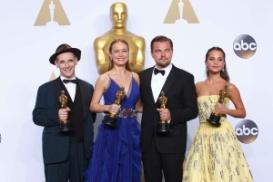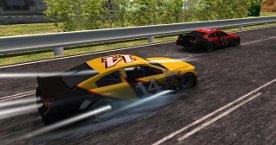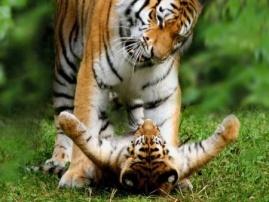Бұл сабақ жоспары жаңартылған білім беру мазмұны бойынша негізделіп құрылған.
Создайте Ваш сайт учителя Видеоуроки Олимпиады Вебинары для учителей
Focusing on TV programmes and films
Вы уже знаете о суперспособностях современного учителя?
Тратить минимум сил на подготовку и проведение уроков.
Быстро и объективно проверять знания учащихся.
Сделать изучение нового материала максимально понятным.
Избавить себя от подбора заданий и их проверки после уроков.
Наладить дисциплину на своих уроках.
Получить возможность работать творчески.
Просмотр содержимого документа
«Focusing on TV programmes and films»
Предмет: Английский язык
Категория: Планирование
Целевая
аудитория: 7 класс.
Урок соответствует ФГОС
Полезное для учителя
Распродажа видеоуроков!
1940 руб.
2770 руб.
1970 руб.
2820 руб.
2160 руб.
3080 руб.
2160 руб.
3080 руб.
ПОЛУЧИТЕ СВИДЕТЕЛЬСТВО МГНОВЕННО
* Свидетельство о публикации выдается БЕСПЛАТНО, СРАЗУ же после добавления Вами Вашей работы на сайт
Удобный поиск материалов для учителей
Проверка свидетельства
 elf-assessment
elf-assessment





















